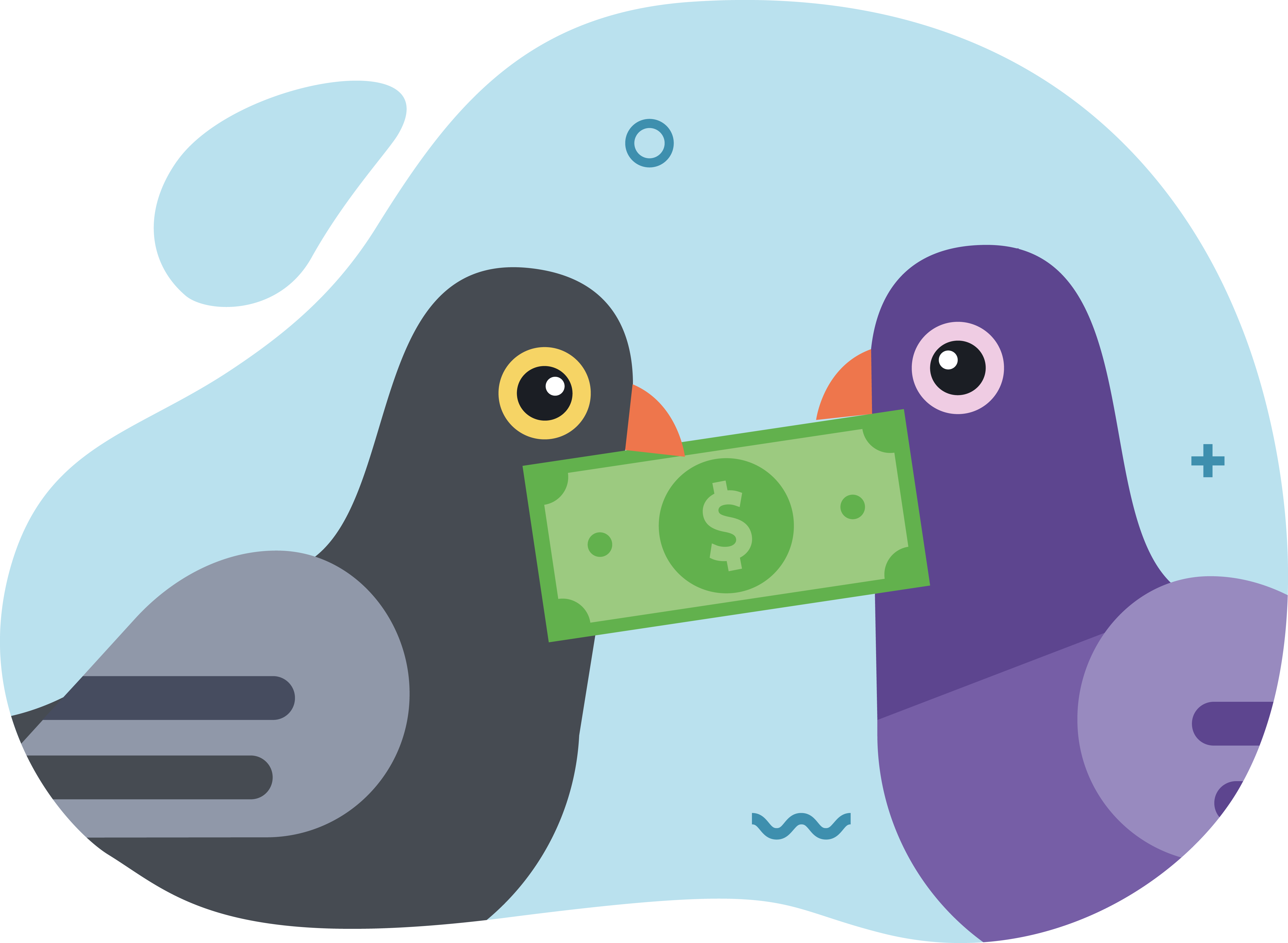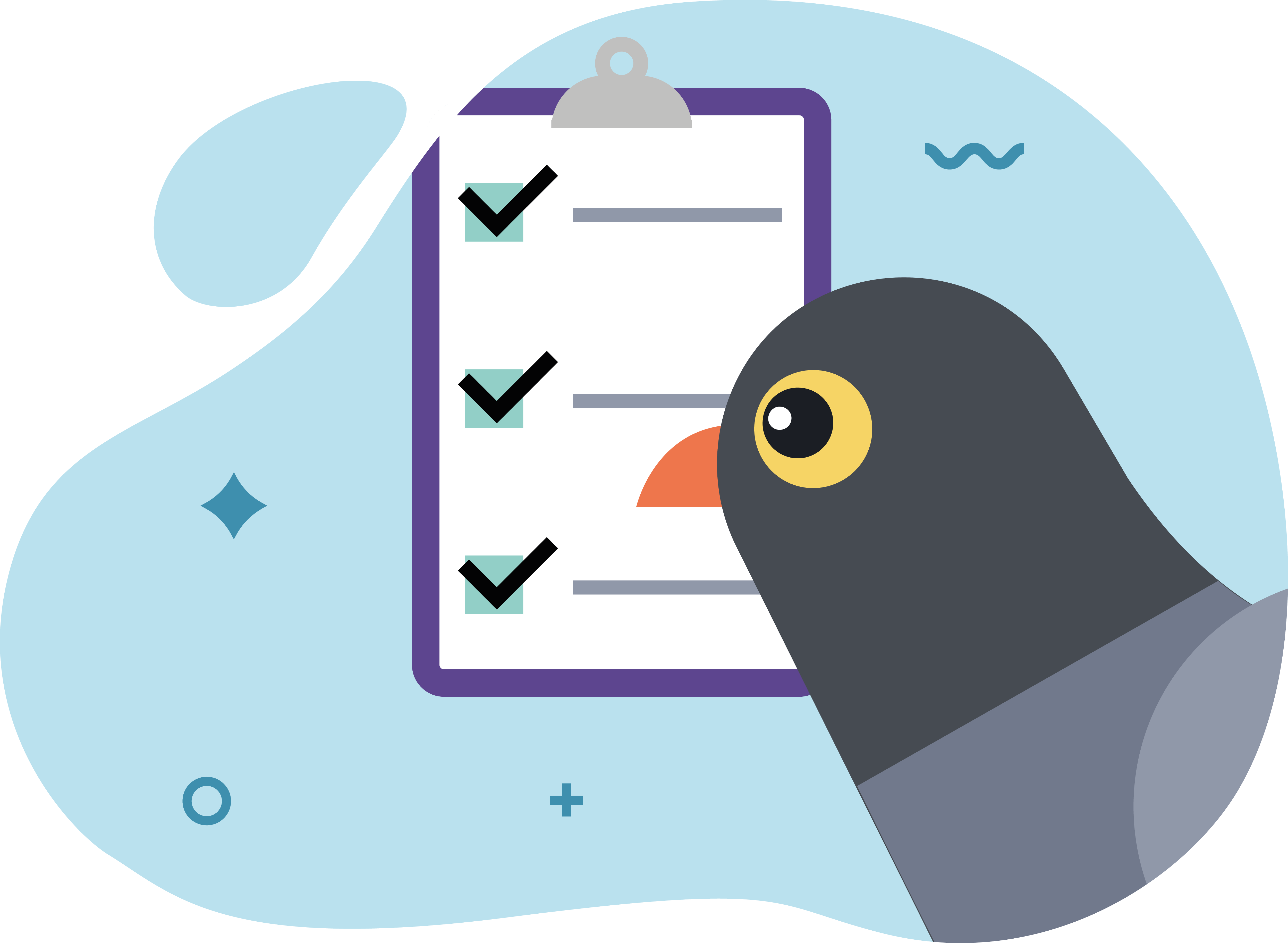A Grand Guide
From banks and online lenders to friends and family, there are many ways to borrow money. Your financial situation is unique, so you’ll want to get a bird’s eye view 🐦 of what it takes to borrow money and how to do it best.
Here’s everything you need to know about borrowing money, including methods of borrowing, questions to ask before you sign and commit to a loan, and more.
What we’ll cover:

On average, Americans borrow $9,928.62 for a personal loan, according to one survey. People borrow money for different reasons—to , start a business, pay medical expenses, fund renovations, help family members, and more.
These personal loans don’t always come from a bank. People also borrow money from government programs, credit unions, hard money lenders, private lenders, , family, or even friends. While the source of a personal loan differs, one thing is clear:
Borrowing money helps people get things done. 💪🏽
Pros
- You can score a favorable interest rate 🙌🏿 especially if you have a low credit score that would require a high-interest rate to borrow through traditional financial institutions. This is good for the lender and borrower because it means you can pay back the loan faster.
- The loan process is more streamlined than borrowing from a bank or even a P2P platform. While you’ll still want to sign loan contract paperwork with your friend or family member, it’s a lot less hassle. Plus, there’s no official application process. Instead, you can explain your situation and the amount of money you need—in-person, on the phone, or even in a letter.

Cons
- When friends or family members borrow money from one another, there’s a risk of interpersonal conflict. Having a loan contract with clearly stated terms is a good workaround. Pigeon offers all the documentation you need to set—and keep—financial commitments to friends or family members.
- If the loan isn’t properly documented, both the lender and borrower may face tax scrutiny. The Internal Revenue Service (IRS) taxes private loans and gifts differently. Avoid tax complications and have Pigeon keep track of every version of your loan contract so you can quickly refer to it when you need it.

💡 Pro Tip: If you’re a minority starting a business, getting funding can be logistically tough. To remain a Black-owned and/or women-owned business and keep federal contracting preference or other benefits, you must retain at least 51% equity in your startup. This means you can’t exchange too much equity for funding from non-minority backers. Borrowing money from family and friends can fill that gap in capital.
Checklist: Ask Yourself These Questions Before Borrowing Money
☐ Do you trust your lender? Whether it’s an institution or an individual, make sure you choose someone reputable. Both parties in a loan agreement deserve to feel secure.
☐ Do you have a budget plan in place to repay the loan? Ensuring your capital is all set will help ease your mind as the loan repayment period begins. Be sure to account for interest payments.
☐ Do you know what the contract entails? Any promissory note or loan contract should state the amount of money you owe, the date it’s due, the interest rate, and any other loan terms you choose to include.
☐ Do you have a spending plan in place? Avoid overspending or spending your loan on something it’s not intended for.

Loans may use one of two interest methods:
- Simple interest: Percentage of the loan’s principal amount. Typically results in less total interest paid!
- Compound interest: Percentage of the loan’s principal amount + interest that accumulates over time. You typically pay more over time when paying compound interest.
Personal loans and lines of credit are typically short-term loans, which usually use a simple interest method. Mortgages in the US also use a simple interest method, but varying principal payments may make it seem like interest compounds.
A typical place you’ll see compound interest is with credit cards. Unpaid credit card debt compounds interest rapidly, which is part of the reason why the average American owed $6,270 in credit card debt in 2021.
Individuals receive tax breaks for interest paid on home loans, student loans, and investment property loans. That’s why it’s important to keep track of your interest paid on certain types of loans. Regardless of whether you receive a tax break, you’ll want to know how much to set aside for loan amount and interest payments. Look at your loan’s amortization schedule to determine how much money you’ll pay in interest over time. Then, track the interest payments as you make them.












